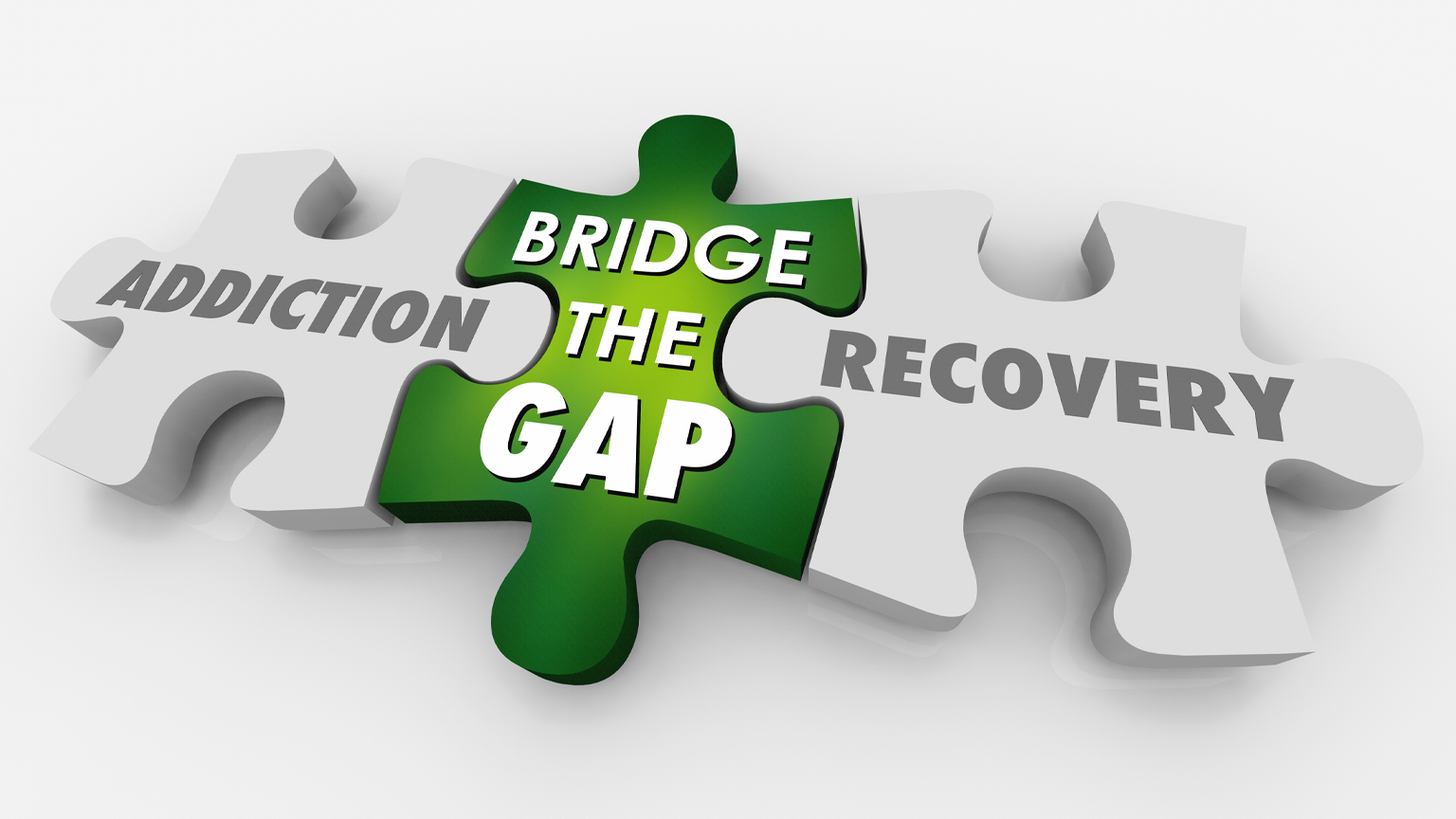
MARC JACOBS
Hutch Post
September is National Recovery Month, a time set aside to raise awareness about the challenges of addiction and the hope of recovery. Christopher Fantastic, a counselor with Valley Hope in Moundridge and a person in long-term recovery himself, joined the BW Morning Show to discuss the causes of addiction, its warning signs, and the importance of support systems.
Fantastic, who has been sober since January 2016, said addiction often begins in adolescence and can stem from multiple causes, including trauma, genetics, and peer pressure. “I learned my drinking behaviors from my parents, both of whom were alcoholics,” he shared. “Peer pressure also played a big part. I was reluctant to try marijuana at first, but I did it because my friends were doing it, and that led me further down the path.”
While illegal drugs are often at the center of public discussion, Fantastic noted that prescription medications can also lead to substance use disorders. “Opiate addiction can start with just one prescription for pain,” he explained. “The same is true for benzodiazepines prescribed for anxiety, or stimulants like Adderall that are sometimes misdiagnosed and abused.”
Addiction today is not limited to substances. Fantastic pointed to rising cases of behavioral addictions such as social media, pornography, and online gambling. “Social media is a huge problem. There are even treatment centers now dedicated to social media withdrawal,” he said.
Recognizing the signs of addiction can be critical for family members and friends. Physical evidence such as paraphernalia, changes in behavior, or excessive time spent online can be indicators. Feelings of loneliness and isolation also play a role in fueling addiction, often driving loved ones away and leaving the individual more vulnerable.
Fantastic stressed the importance of community and connection in recovery. “Connection, I believe, is the opposite of addiction. Whether it’s a 12-step program, church, or sober friends, people need a support group to stand by their side.” He added that many who enter treatment also face co-occurring mental health challenges such as depression, anxiety, or bipolar disorder.
Misconceptions, he said, remain one of the biggest barriers. “There’s a belief that people with addiction are just bad people. That’s not true. Addiction changes behavior, but no one is born that way.”
For those seeking help, Valley Hope offers 24-hour admissions and resources, even if the need is outside its adult-focused treatment model. The Moundridge location can be reached at 620-860-1904, with backup support available through its Overland Park call center.
“Recovery is possible,” Fantastic said. “I’m living proof, and so are countless others. No one has to go through it alone.”





